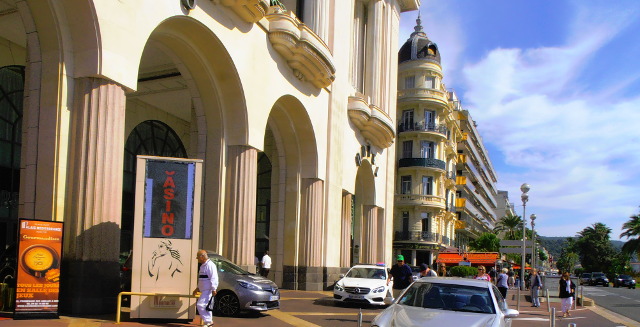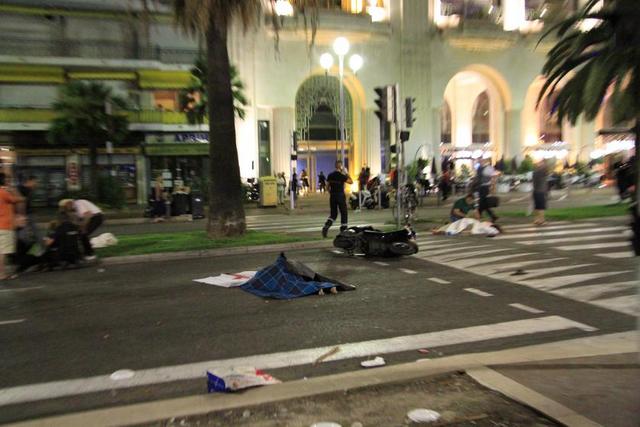Alex admitad
Active Member
Here are trends of travel industry which, in our opinion, will be actual in 2018–2020.

First of all, please note that in 2018 travel industry will continue its stable growth. According to the preliminary forecast, the amount of holiday costs per person will make up USD 940. As for the sales volume, booking of places of accommodation and purchase of air tickets will remain far ahead.
According to Google and Phocuswright, a leading travel industry research company, 55% of tourists go on holiday one or two times a year, planning a trip beforehand. 59% start looking for information about the forthcoming trip one or two months before. The tendency to prepare beforehand will persist. However, 30 % said that they are ready to spontaneous trips if they get a favorable offer.
The growth of search queries and bookings from mobile phones became an impressive trend of 2017. According to Google, 70% of users entered search queries about tourism from smartphones, 79% made their bookings after searching on mobile devices. Mobile channel has become a popular way of getting information. Thus, 50% of millennials found new travel companies from mobile phones. 30% of search queries were related to objects’ location.
In 2017, inhabitants of China traveled more often, in 2018 this tendency will persist. According to forecasts of Mastercard, the number of traveling people in the Celestial Empire will increase by 8.5%. Last year, Russian destinations started gaining ever-greater popularity. Thus, for the first 9 months of 2017, 900 thousand Chinese tourists visited Russia, which is 24% more than for the same period in 2016. Despite the fact that for most Chinese travelers Moscow is the main purpose of travel to Russia, the largest tourist flow is noted in the Amur Region (36% increase). There are some changes in preferences of the Chinese that are worth mentioning — if in previous years they did shopping during most of the time, in 2017 they became interested in touristic activities and entertainments (excursions, short tours).
In 2018–2020, the market of travel services will face the growth of blockchain technologies. Thus, in 2017 Lufthansa Group declared cooperation with Winding Tree — a non-commercial Swiss blockchain startup. With a decentralized B2B platform for booking transactions, based on blockchain technologies, srartups and companies will have a direct access to offers of tourism providers. Thus, there is no more need in noneffective cooperation with lots of mediators like travel agents, aggregators or distribution systems.
TUI, the largest German travel company, is developing its own project BedSwap — all hotel rooms of the company will be included in the blockchain. The Russian company S7 Airlines together with Alfa-Bank have partnered with Ethereum with the purpose of business automation. Thanks to the technology, the time of money receipts from agents for S7 tickets purchased has reduced dramatically — the process used to take about two weeks, whereas now it is about 23 seconds.
In the future, airlines, hotels and other tourism providers will be able to place their offers on the platform Winding Tree, which will make it possible to improve the service quality and will prevent extra charges.
There is a tendency in the travel market of the focus shifting to one’s own channels.Huge tourism providers (hotel chains, airlines) are becoming more interested in the development of own sales, especially resales. Another new trend is the growth of the market of excursions and impressions. For instance, Airbnb and Expedia have already launched services in this segment. The project Voyagin from Rakuten is gaining popularity, offering to the visitors a large number of activities (excursions, entertainments, unique tours, transfer) at an affordable price.

First of all, please note that in 2018 travel industry will continue its stable growth. According to the preliminary forecast, the amount of holiday costs per person will make up USD 940. As for the sales volume, booking of places of accommodation and purchase of air tickets will remain far ahead.
According to Google and Phocuswright, a leading travel industry research company, 55% of tourists go on holiday one or two times a year, planning a trip beforehand. 59% start looking for information about the forthcoming trip one or two months before. The tendency to prepare beforehand will persist. However, 30 % said that they are ready to spontaneous trips if they get a favorable offer.
The growth of search queries and bookings from mobile phones became an impressive trend of 2017. According to Google, 70% of users entered search queries about tourism from smartphones, 79% made their bookings after searching on mobile devices. Mobile channel has become a popular way of getting information. Thus, 50% of millennials found new travel companies from mobile phones. 30% of search queries were related to objects’ location.
In 2017, inhabitants of China traveled more often, in 2018 this tendency will persist. According to forecasts of Mastercard, the number of traveling people in the Celestial Empire will increase by 8.5%. Last year, Russian destinations started gaining ever-greater popularity. Thus, for the first 9 months of 2017, 900 thousand Chinese tourists visited Russia, which is 24% more than for the same period in 2016. Despite the fact that for most Chinese travelers Moscow is the main purpose of travel to Russia, the largest tourist flow is noted in the Amur Region (36% increase). There are some changes in preferences of the Chinese that are worth mentioning — if in previous years they did shopping during most of the time, in 2017 they became interested in touristic activities and entertainments (excursions, short tours).
In 2018–2020, the market of travel services will face the growth of blockchain technologies. Thus, in 2017 Lufthansa Group declared cooperation with Winding Tree — a non-commercial Swiss blockchain startup. With a decentralized B2B platform for booking transactions, based on blockchain technologies, srartups and companies will have a direct access to offers of tourism providers. Thus, there is no more need in noneffective cooperation with lots of mediators like travel agents, aggregators or distribution systems.
TUI, the largest German travel company, is developing its own project BedSwap — all hotel rooms of the company will be included in the blockchain. The Russian company S7 Airlines together with Alfa-Bank have partnered with Ethereum with the purpose of business automation. Thanks to the technology, the time of money receipts from agents for S7 tickets purchased has reduced dramatically — the process used to take about two weeks, whereas now it is about 23 seconds.
In the future, airlines, hotels and other tourism providers will be able to place their offers on the platform Winding Tree, which will make it possible to improve the service quality and will prevent extra charges.
There is a tendency in the travel market of the focus shifting to one’s own channels.Huge tourism providers (hotel chains, airlines) are becoming more interested in the development of own sales, especially resales. Another new trend is the growth of the market of excursions and impressions. For instance, Airbnb and Expedia have already launched services in this segment. The project Voyagin from Rakuten is gaining popularity, offering to the visitors a large number of activities (excursions, entertainments, unique tours, transfer) at an affordable price.







